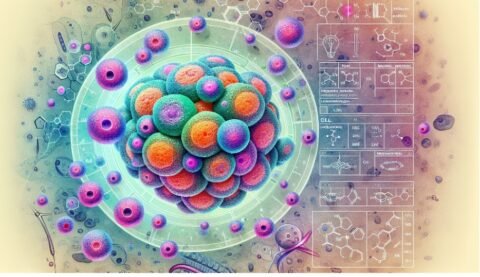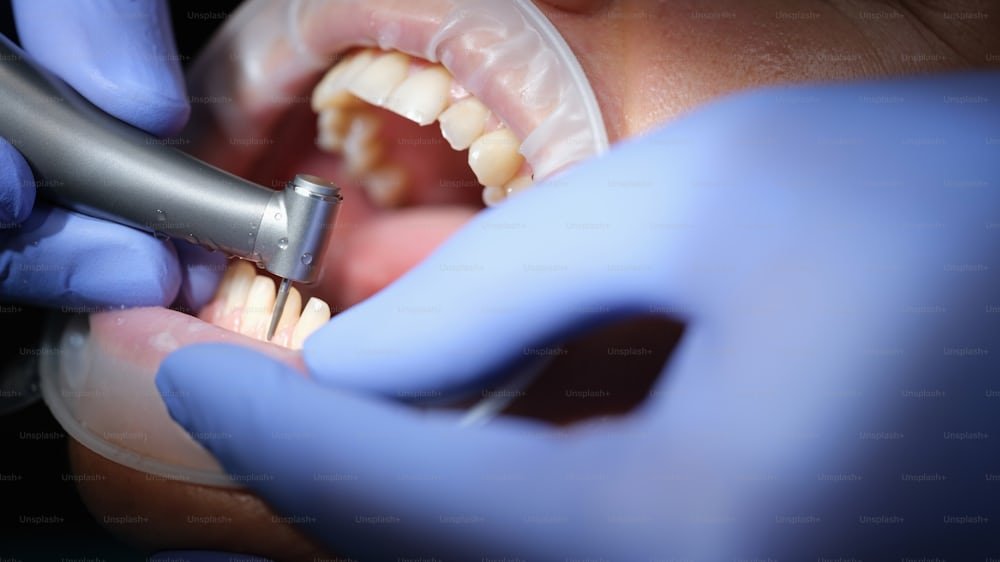Your hormones are integral to your health by regulating your body’s functions. This includes your energy levels, metabolism, mood, and muscle growth. Here are the hormones that are typically examined during an annual hormone test:
- Estrogen and progesterone
- Thyroid hormones
- Testosterone
- FSH and LH
What Do Each of These Hormones Do?
Thyroid Hormones
Thyroid hormones are produced by a gland located in the front of the neck. This gland is often referred to as the body’s master gland, which is due to its importance for critical functions within the body.
What Thyroid Hormones Are There?
There are three main types of thyroid hormones: T3, T4, and TSH. The thyroid gland primarily produces T3 and T4. T3 regulates energy levels, metabolism, body temperature, blood pressure, the development of a fetus, and heart rate. T4 regulates body temperature, mood, and metabolism. TSH is a hormone that regulates thyroid function.
Hyperthyroidism can cause increased appetite, sudden weight loss, excessive energy levels, a dangerously fast metabolism, and a strain on critical organ systems. Hypothyroidism can lead to a slow metabolism, sluggishness, and weight gain. Luckily, medications can control both.
Testosterone
Testosterone plays a critical role in maintaining a healthy mood, energy levels, and muscle growth for men. Here are a few other critical functions that testosterone plays in the body:
- Maintaining a healthy libido
- Sperm production
- Maintaining healthy bone and muscle mass
Free Testosterone
Only a small portion of the testosterone in your body is free testosterone, which plays an especially important role in maintaining your health and vitality. It is possible to have healthy overall testosterone levels but still have issues associated with testosterone deficiency, which is caused by too-low levels of free testosterone.
What is a healthy free testosterone range? Free testosterone should be between 50 and 120 nanograms per liter for men and less than 8.5 nanograms per liter for women. A blood test will determine if your free testosterone levels are within the normal range.
What Tests Are There for Testosterone?
In addition to getting your overall testosterone levels tested, you can also get tested for free testosterone. If your testosterone or free testosterone levels are too low, TRT testosterone injection therapy could bring them back to normal.
Estrogen and Progesterone
Estrogen and progesterone play an important role in women’s health. Not only do these hormones play a role in maintaining healthy mood and energy levels, but they also have other critical functions. Here are a few important roles of these hormones:
- Preparing the body for pregnancy
- Maintaining bone and cognitive health
- Maintaining skin health
FSH and LH
FSH causes follicles to produce hair. It also affects sperm production in men and egg growth in women. LH stimulates testosterone production in men. Therefore, a deficiency in this hormone is closely linked to testosterone deficiency.
The Importance of Healthy Insulin and Blood Glucose Levels
Insulin ensures that blood glucose levels stay in a healthy range. However, if your body does not produce enough of it, blood glucose is no longer controlled, which can result in hyperglycemia (blood sugar that is too high). Luckily, tests for insulin and blood glucose levels are included with standard bloodwork.
Why is Annual Hormone Testing Important?
Annual hormone testing can ensure that hormone imbalances are detected immediately. This can prevent issues with fatigue, weight gain, low libido, and mood swings. In addition, it can help prevent more serious ailments that can occur as a result of hormonal imbalances, such as diabetes, hyperthyroidism, and hypothyroidism.
In addition, people who take certain medications will need annual hormone testing, which will allow doctors to monitor whether or not the drug is working. Some examples are thyroid medications, hormone replacement therapies, and fertility treatments.
Furthermore, certain symptoms can warrant annual hormone testing. Fatigue, low libido, mood swings, and weight gain can be associated with hormonal imbalances. If you have noticed these symptoms, you should contact us to get your hormone levels tested.
Conclusion
As experienced physicians, we have years of experience diagnosing and treating hormone deficiencies. So, if you are suffering from symptoms that may be due to a hormonal issue, contact us today!

Daniel J. Morgan is the founder of Invidiata Magazine, a premier publication showcasing luxury living, arts, and culture. With a passion for excellence, Daniel has established the magazine as a beacon of sophistication and refinement, captivating discerning audiences worldwide.





